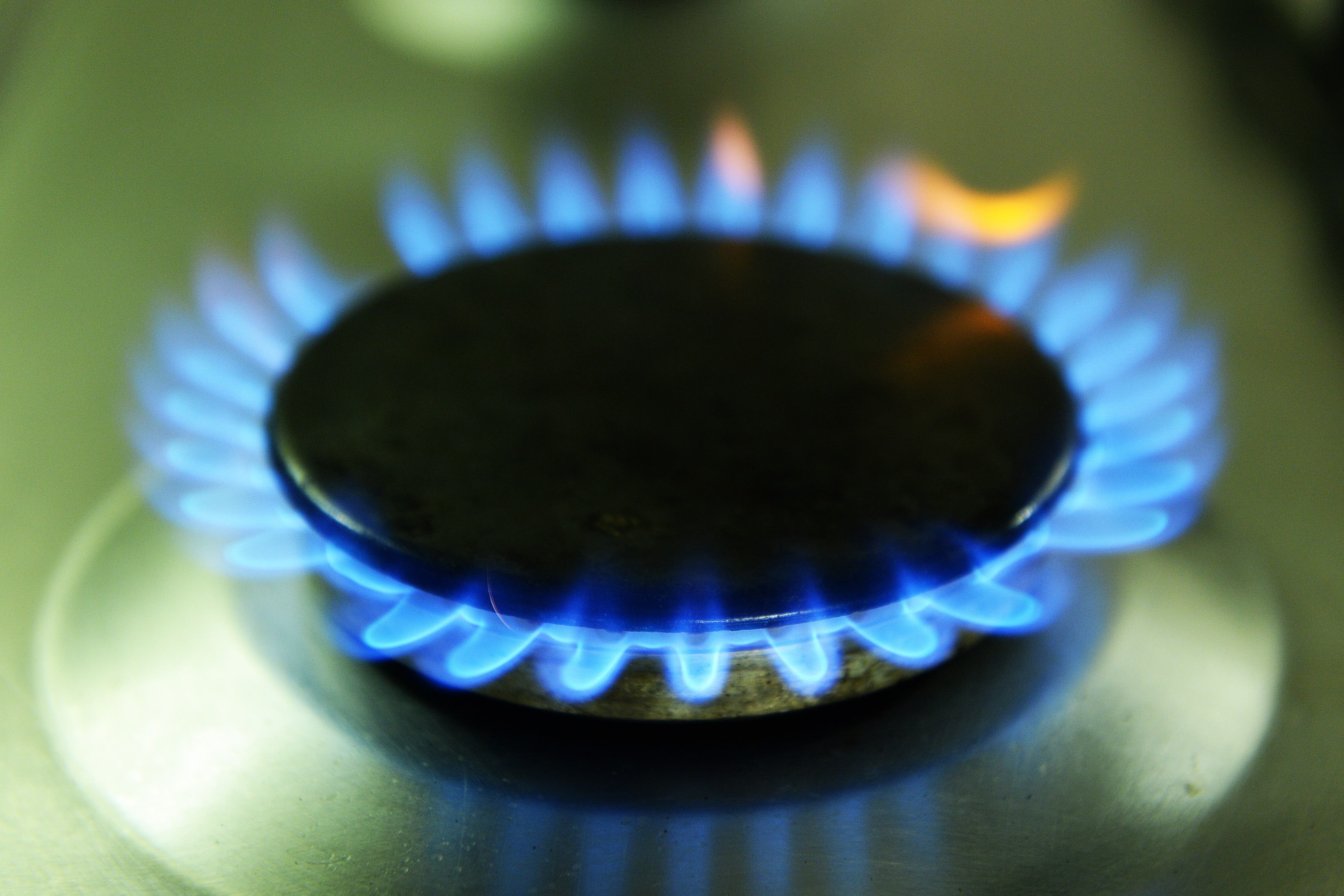
Inflation has fallen back to its lowest level in over a year at 8.7 per cent but the cost of food remains sky-high and rising at a near record pace.
The Office for National Statistics said on Tuesday inflation fell to 8.7 per cent in April - down from 10.1 per cent in the previous month.
The fall in overall inflation, or rising prices, will provide some light relief for households across the country struggling with the cost of living squeeze.
But concerns remain about the runaway cost of everyday grocery items.
ONS chief economist Grant Fitzner said: "The rate of inflation fell notably as the large energy price rises seen last year were not repeated this April, but was offset partially by increases in the cost of second-hand cars and cigarettes.
"However, prices in general remain substantially higher than they were this time last year, with annual food price inflation near historic highs."
Shadow chancellor Rachel Reeves said: "As bills keep surging, families will be worried food prices and the cost of other essentials are still increasing.
"They will be asking why this Tory government still refuses to properly tackle this cost of living crisis, and why they won’t bring in a proper windfall tax on the enormous profits of oil and gas giants.
"The reality is that never have people paid so much in taxes and got so little in return.”

Chancellor Jeremy Hunt said: "Although it is positive that it is now in single digits, food prices are still rising too fast.
"So as well as helping families with around £3,000 of cost-of-living support this year and last, we must stick resolutely to the plan to get inflation down."
The figures showed food CPI inflation at 19.3 per cent, down only slightly on March’s eye-watering 19.6 per cent.







